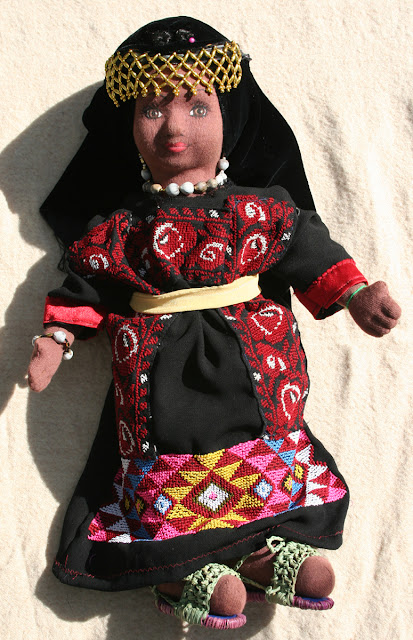Aid for Development
Sunday, June 29, 2014
The amounts allocated in the federal budget for development aid say it all, namely that too much is being done and too little at the same time. How can that be, -only one thing can be true? And still, both are correct because for one it is too much and for the other too little.
Now, how does it look for the actively engaged people in development aid? They are mostly not thoroughly acquainted with the problems of the developing countries because they constantly make comparisons between their home and the project country and therefore very quickly develop a certain way of thinking, namely to develop themselves so much in the normally three years of participation in an overseas project, that they can build a small house of their own at home.
Read more »Now, how does it look for the actively engaged people in development aid? They are mostly not thoroughly acquainted with the problems of the developing countries because they constantly make comparisons between their home and the project country and therefore very quickly develop a certain way of thinking, namely to develop themselves so much in the normally three years of participation in an overseas project, that they can build a small house of their own at home.
Labels: Rural Development
posted by S A J Shirazi @ 8:30 AM,
,
![]()
![]()
Happy Fathers' Day
Sunday, June 15, 2014

Labels: Dolls of the World
posted by S A J Shirazi @ 10:10 AM,
,
![]()
![]()
Thatta Kedona: Pakistan Village of Doll Makers
Wednesday, June 4, 2014

Thatta Kedona: The Toy Village of Pakistan documentary was released in in the movie theatre situated in the Centre of Berlin, Germany. All the active volunteers from 2004 were present to see the three hours documentary.
Joachim Polzer writes, "Dolls and tin toys reflecting regional cultures of Pakistan are products which generate cash income for the farming families through the local cooperative-like NGO. Volunteers from Western countries are also having fun by working creatively in a remote village of Islamic society with strong overlays by the traditional culture of Indus Valley (Harappa 3.000 B.C.), the Mogul period, influences from the colonial British-India period and the Punjab country culture. Hence the playfulness of a "toy village" is on both sides: for the villagers by manufacturing hand-craft toys for cash in a not-yet industrialized region avoiding rural exodus to the big cites (poverty slums that are generated in cities by migration). And on the other side one can notice the joy of Western volunteers being confronted at work by their own history framework but in present time and with a very foreign and sometimes strange context."
Labels: Dr. Norbert Pintsch, Dr. Senta Siller, Thatta Kedona
posted by S A J Shirazi @ 11:00 AM,
,
![]()
![]()
BBC Journalist in the village TGD
Monday, June 2, 2014
Arjuman has over six years association with the Project Thatta Kedona and NGO work in the village TGD. Arjuman has been regularly visiting TGD and reporting about NGO work and developments there in BBC Urdu broadcast. She had also visited and interviewed Dr. Senta Siller - the founder of the project - in the Pakistan House of that time in Potsdam and later in the Brandenburg Project in Gross-Behnitz.
Labels: Visitors, Volunteers
posted by S A J Shirazi @ 8:24 AM,
,
![]()
![]()



